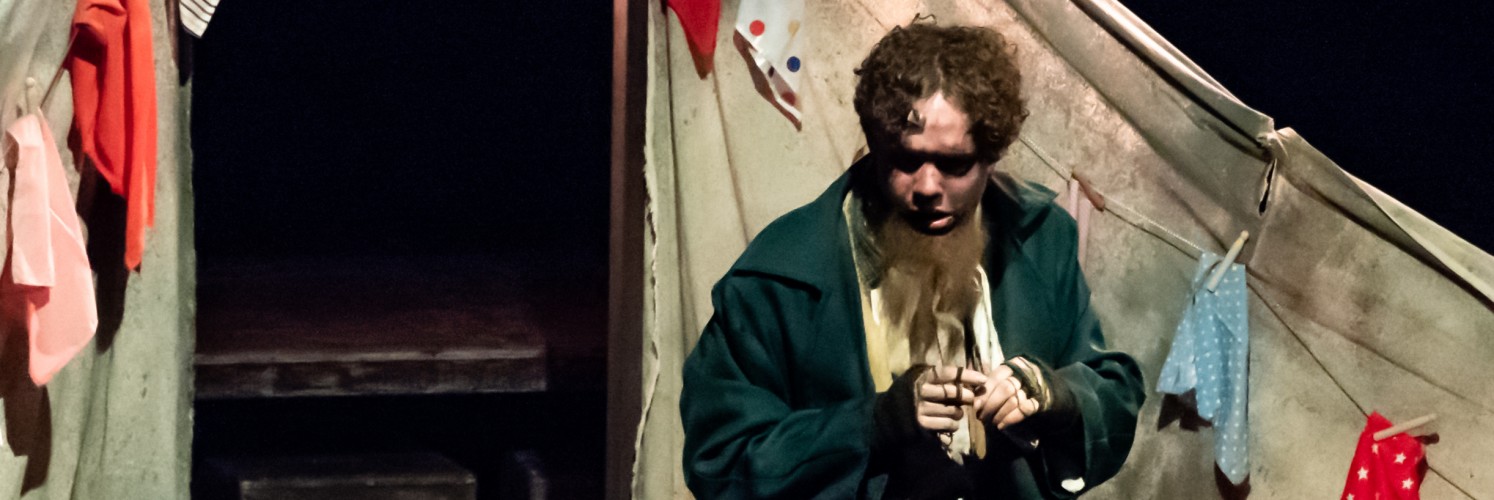Fear of Failure, research and the importance of mistakes
Food for thought.
- What is your favourite thing about yourself?
- What is your favourite thing about you as an actor?
“capacity to tolerate failure is crucial to learning”
Erich Fromm, 'The Art of Being', Constable 1993
This quotation is an excellent representation of what I believe the central principle of a learning actor should be. To fail is scary, especially in an industry where reputation can mean the difference between landing or missing the next role. The wall that blocked me from being enthusiastic about failure was over-researching my roles. I believe that actors must understand why and how they fear failure before embracing it as a crucial part of the process.
It is often the case that actors believe they need to have a factor that makes them stand out beyond others in the audition room and onstage. It is my experience that many young actors do not see the uniqueness that they already bring with their individual identity. It is difficult for a young actor to recognise that what makes them stand out is their own view of life and how that can be translated to the character. However, the life experience young actors have is minimal and they define their own appearance by their relative attractiveness to the ‘ideals’ of social media. This leads to a lack of self-assurance and as a result the search for something that makes them stand out. It also means that their acting is motivated by a want to impress others and this leaves no room for failure.
I believed the extreme depths I would go to in my research and written preparation made me stand out. I would know the entire backstory, the motives of the character and the experiments I had done with physicality and I would attempt to remember these on stage. I believed that this armed me against failure because if I knew everything about the character then how could I possibly do something ‘wrong’. I believed that doing anything unplanned could lead to disaster as it was a diversion from the refined straight line of the character I had created in my book. To me, this was guaranteed as something the audience or director wouldn't like. What I had planned was what I though the audience wanted. This made my performances rigid. It inhibited me from expressing true emotions when needed because I was so fixated on controlling the audience's opinion by remembering my research. I had to accept the fluidity and unpredictability of being an theatre actor, performing live each night. I also had to come to terms with the fact that bringing my identity to the table first was far more flexible than planning a character to then 'wear' onstage. It must become an understood concept for the learning actor, that the opinions of others cannot be controlled.
My mistake was thinking that ‘wrong’ existed within the performance world. I believed that there was only one way to play a character and that way was the way I had written in my research. I had mapped out the line of the character, which robbed me of any creative deviations or growth, keeping the character secure as one thing. It robbed me of true authenticity onstage because I was always trying to remember what I had written in my notebook. The book ‘Different Every Night’ by Mike Alfreds helped me to understand that the embodiment of this research cannot be planned. It is important to do the research and understand it but to allow it to show itself without forcing it out, to trust that it will be revealed onstage if you are present and listening in the moment. I was afraid of failing – which was being ‘wrong’ in the eyes of my audience – and this led me to the fear that without my research I was ‘bad’ as an actor.
Research is essential. It is important to be well educated on your character and to have thought about their motivations and obstacles. However, I would propose that to bring unique perspective one must first look to the connections between oneself and the character. I challenge you to make a list of the similarities and differences between you and your next character. Be honest with yourself about the positive and negative traits that you share.
When the research stage is complete and you are beginning to put a character on its feet, leave your work in your notebook. If your own identity is the foundations, then the research is the floorboard. To build the house you must try straw, wood and bricks. Do not become discouraged when your method doesn’t quite read. There are endless possibilities for our characters and the only way to be able to uncover these is by trying as many different approaches to scenes as you can. Record your findings in your notebook and don’t be afraid to discard what you don’t like.
On reflection, here are some things that may be useful for those who are afraid of failing...
- What are you afraid will happen if you fail? Have you made a mistake in the past? Reassure yourself that you are still here and presumably performing. Are the stakes as high as you think they are?
- Find a coach. A good coach helped me to see that I was hiding behind my research. An honest relationship where you both work towards your success as an actor can help you to see your obstacles objectively. This person can be someone that you trust to give you an honest opinion but understands what you find hard and need reassurance about.
- Change your perspective about mistakes. The mantra ‘I am a Learner’ has become a significant part of my life philosophy and it applies to acting too! Find a phrase that lifts you up and reminds you that it is natural to make mistakes and a crucial part to growing as an actor. Pin your mantra up where you can see it!
Hello, Learning Actors! I hope you were able to learn at least one thing from this experience. Don't be afraid to make mistakes because that is what being a learner is all about. I wish you all good health. Get solving



